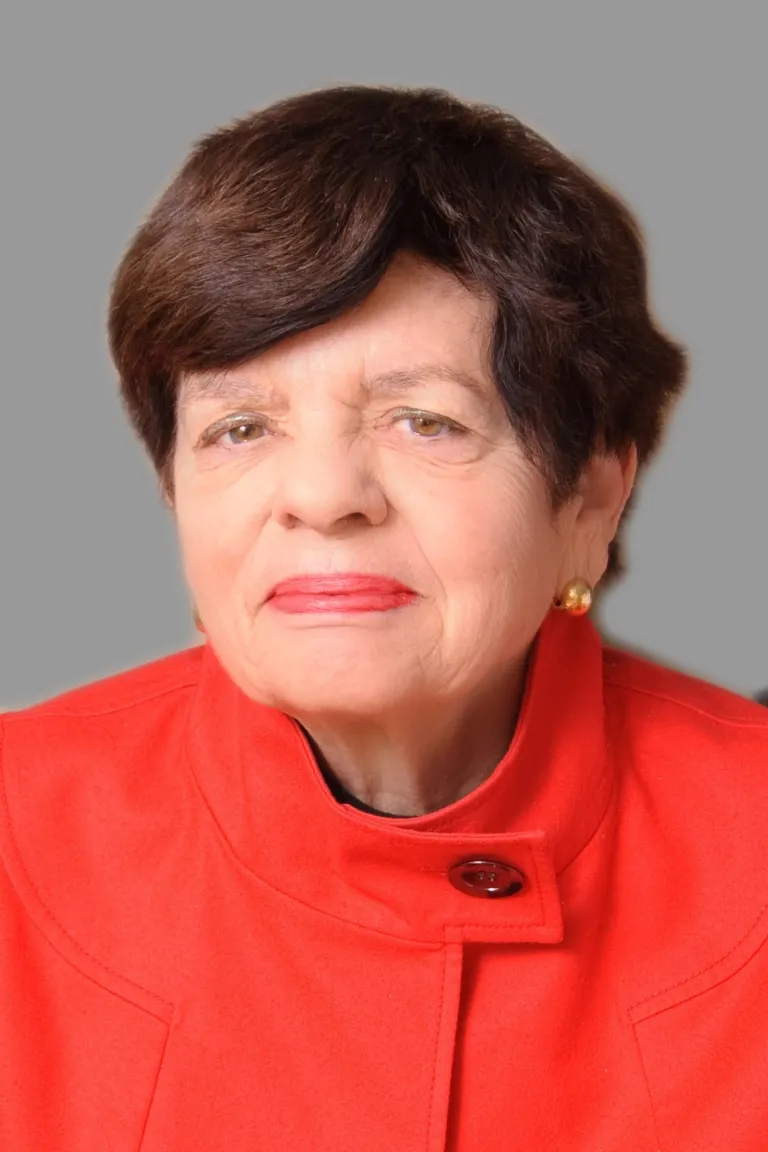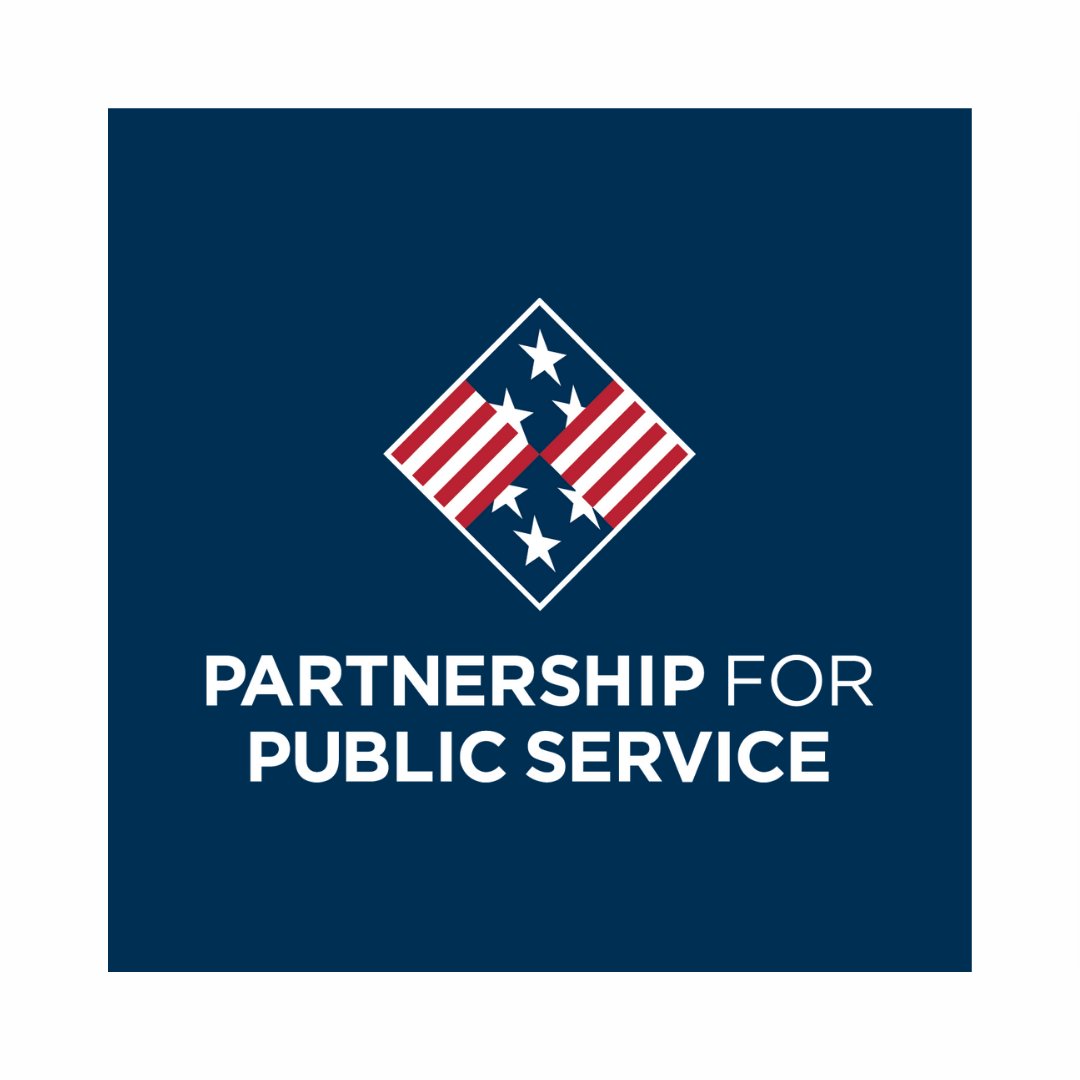
Alice Rivlin’s death on May 14 may have gone unnoticed in some circles amid news of Trump tariffs, the banning of facial-recognition technology in San Francisco, and reports of financial irregularities at the National Rifle Association. Even the next day’s New York Times obituary page did not carry her death as its lead story, as comedian Tim Conway had died on the same day.
But for those of us who knew and admired Rivlin, her 60-year career as an economist, careful analyst, governmental institution builder and public leader is something to pause and reflect on, and give tribute to. In fact, many people who may not know her name or may not have noted her passing have benefited and will continue to benefit from her lifetime of serving the public.
Rivlin had already had a distinguished career as a think-tank and government analyst when she was selected in 1975 as the first head of the Congressional Budget Office (CBO). While this was a decision that Congress did not come to easily — some members were vehemently opposed to selecting a woman for the job — it turned out to be an inspired choice. Today CBO has as good a reputation as any analytical organization in the world, and it has become the model for similar institutions in state and local governments in the United States as well as in the governments of other countries.
It was decisions that Rivlin made that created the culture and practices that resulted in the ascendance of CBO as an institution. In the first year, for example, she decided that CBO would not make policy recommendations so as to protect the institution from charges of partisanship. That culture has been reinforced by subsequent directors and generations of CBO staff. On his first day on the job, the current director, Phillip Swagel, cited a Rivlin memo (still circulated to staff) in which she wrote: “CBO must be, and must be perceived to be, an objective, non-partisan, professional organization in the service of the Congress. … Our work and our publications must always be balanced, thorough and free of any partisan tinge.”
After leaving CBO in 1983, she moved in and out of the Brookings Institution for the next three and a half decades, and occupied two other high-level government positions: director of the White House Office of Management and Budget under President Bill Clinton and vice chair of the Federal Reserve. In those jobs, as in her previous one at CBO, she had vast influence over many programs and policies that had major impacts on state and local governments. But in at least one instance, her impact at that level of government was much more direct: More than any other individual, she was responsible for saving the District of Columbia.
For those unfamiliar with the story, the D.C. government, as a result of economic and political factors and bad management, was running consistent deficits and had lost access to the markets when its bonds fell to junk bond status in the early 1990s. It came dangerously close to being placed in federal receivership, which might have ended its already brief era of congressionally granted limited home rule.
Instead, Congress and the Clinton administration created the District of Columbia Financial Responsibility and Management Assistance Authority, more commonly known as the “financial control board.” The board restored D.C.’s access to the financial markets, the most significant government departments were placed under its control, and the city was given a timetable for becoming fiscally solvent.
Rivlin was already an expert on the D.C. budget, having headed a commission that issued a 1990 report that diagnosed the District’s financial problems and suggested some solutions. This, coupled with the fact that she had been OMB director when the financial control board was created, led to her being appointed its second chair in September of 1998. After Anthony Williams, who had been highly regarded as D.C.’s chief financial officer, was elected mayor in November of that year, Rivlin voluntarily relinquished (three years early) control of the agencies that the board had been running, but continued to advise Williams for the remainder of her term as chair. By 2001, the city had attained five consecutive balanced budgets, had regained its own access to the capital markets, and the financial control board was dissolved.
Rivlin had no obligation to serve on the board or champion the cause of D.C. But she was a resident of the city and cared deeply about its prospects. Williams put it best, telling a reporter after her death: “I can’t think of another person who combined at a top level both the national interest and local D.C. Can you? … She deeply, deeply believed that everything she was doing was to make government work better for the people. She was a great lady.”
At her memorial service last month, her long-time friend Donna Shalala, currently a member of Congress from Florida and secretary of health and human services in the Clinton administration, reminded attendees that Alice Rivlin was, first and foremost, a patriot. In this era when partisan bickering is the norm, objective analysis is under attack and public service is being systematically devalued, it seems fitting that we give tribute to someone whose entire life embodied hard-headed thinking and a commitment to good government. We may not see her like again.
Read the commentary piece on Governing’s website






